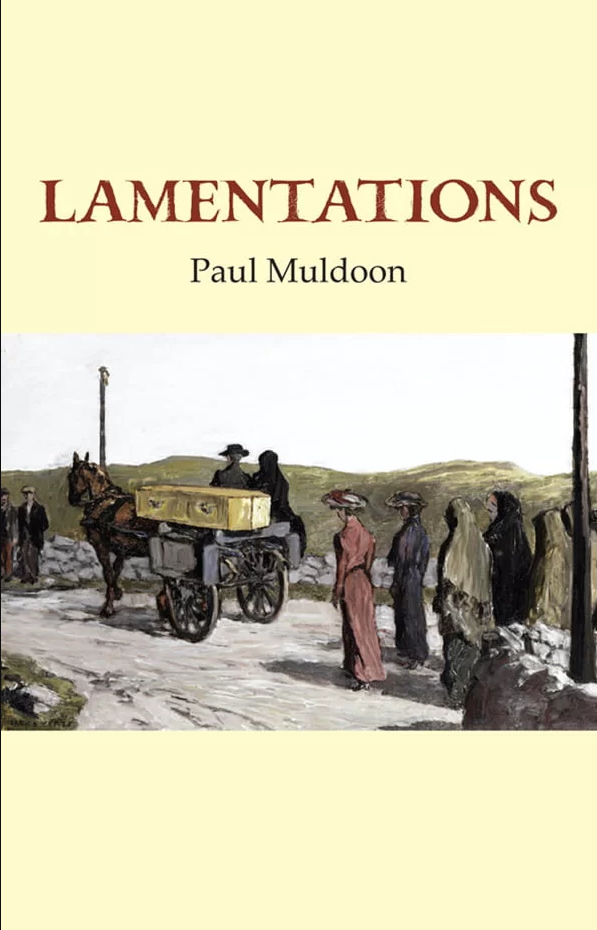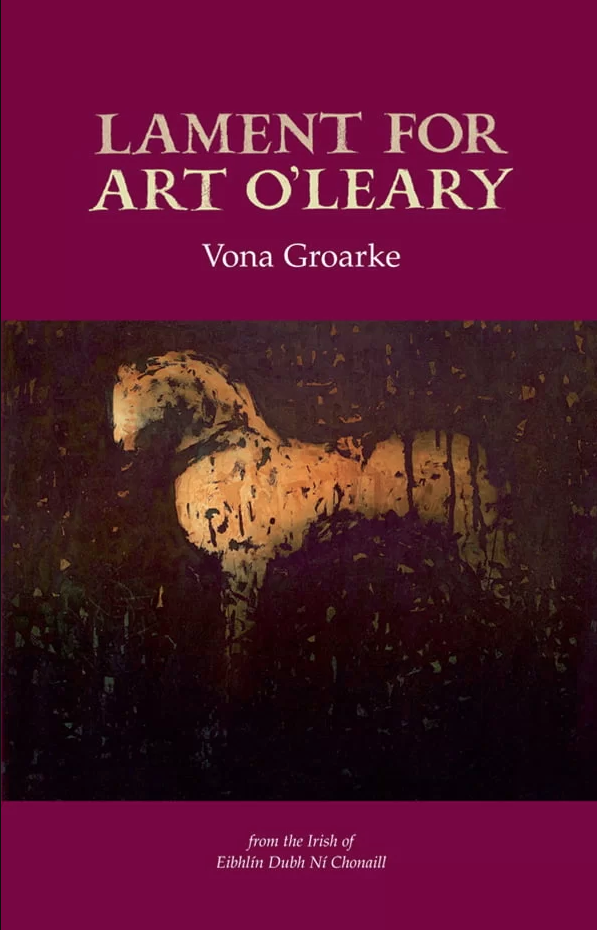Presented by the Cambridge Group for Irish Studies
A One-day Event featuring Poetry, Music, Performance and New Research
May 3, 2023, Cripps Auditorium, Magdalene College, Cambridge


The Irish Caoin or Keen was a vocal ritual performed at a wake or graveside. Highly stylised and yet capable of being intensely personal, it recognised the life of the deceased whilst also honouring grief of their loss. Performed (traditionally in Irish) by a group of women made up of professional ‘keeners’ and the female bereaved, its unique sound featured spontaneous utterance, repeated motifs, crying and elements of song. It has been described as ‘A very melancholy chant, rhythmic … Almost a spontaneous choir…’, and as ‘extremely beautiful’.
As a synthesis of the personal and public; as an expression of female artistic performance; and as an example of the crux of improvised and conventional art, the Caoin/Keen/Lament tradition is a site of wide-ranging interest for scholars, poets, musicians and other performers.
Although the practice of keening at wakes and funerals died out in Ireland in the early twentieth century, it remains current in a number of poems, including ‘Caoineadh Airt Uí Laoghaire’ / ‘Lament for Art O’Leary’. Our ‘Lament’ Event will feature several approaches to understanding the power, forms and legacy of the Caoin/ Keen tradition, and its translation into English, focusing on the example of Eibhlín Dubh Ní Chonaill’s famous poem.
It’s unusual for a poem to have an exact date of composition. In the case of ‘Caoineadh Airt Uí Laoghaire’ / ‘Lament for Art O’Leary’, we know this date to have been May 4th, 1773, the date of her husband’s murder and her subsequent lament, intoned over his dead body. Our one-day event at Cambridge University will mark the 250th anniversary of the poem famously described by Peter Levi in his Oxford Lectures as ‘the greatest poem written in these islands in the whole eighteenth century’.
Over the twentieth century, many writers (including Seamus Heaney, Frank O’Connor, Doireann Ní Ghriofa, and Eílís Dillon) have translated some or all of this poem. Has any Irish or eighteenth-century poem enjoyed so many afterlives? This celebration, featuring both scholars and poets, will attempt to answer the questions, ‘What is the enduring appeal of this poem?, and ‘Why does it remain such a vivid and powerful presence on the contemporary poetry landscape?’
The event will have two strands: in the morning, papers on Lament, its context, history and tradition will be presented by a range of respected Irish scholars (see Programme), with ample time for discussion, questions and audience participation.
The afternoon sessions will feature a poetry reading by Irish poets Martina Evans, Fran Lock and Mícheál McCann, who will consider the lasting impact of ‘Lament for Art O’Leary’, and the theme of the public performance of mourning and grief.
Poets Paul Muldoon and Vona Groarke will then discuss their translations of ‘Lament for Art O’Leary’.
The day will close with a premiere performance of an extract of Irene Buckley’s opera, ‘Lament for Art O’Leary’, conducted by the composer, along with other settings of extracts of the poem composed by students of Cambridge University.
‘Lament’ is both an in-person and online event. FREE to attend, but advance Registration is essential.